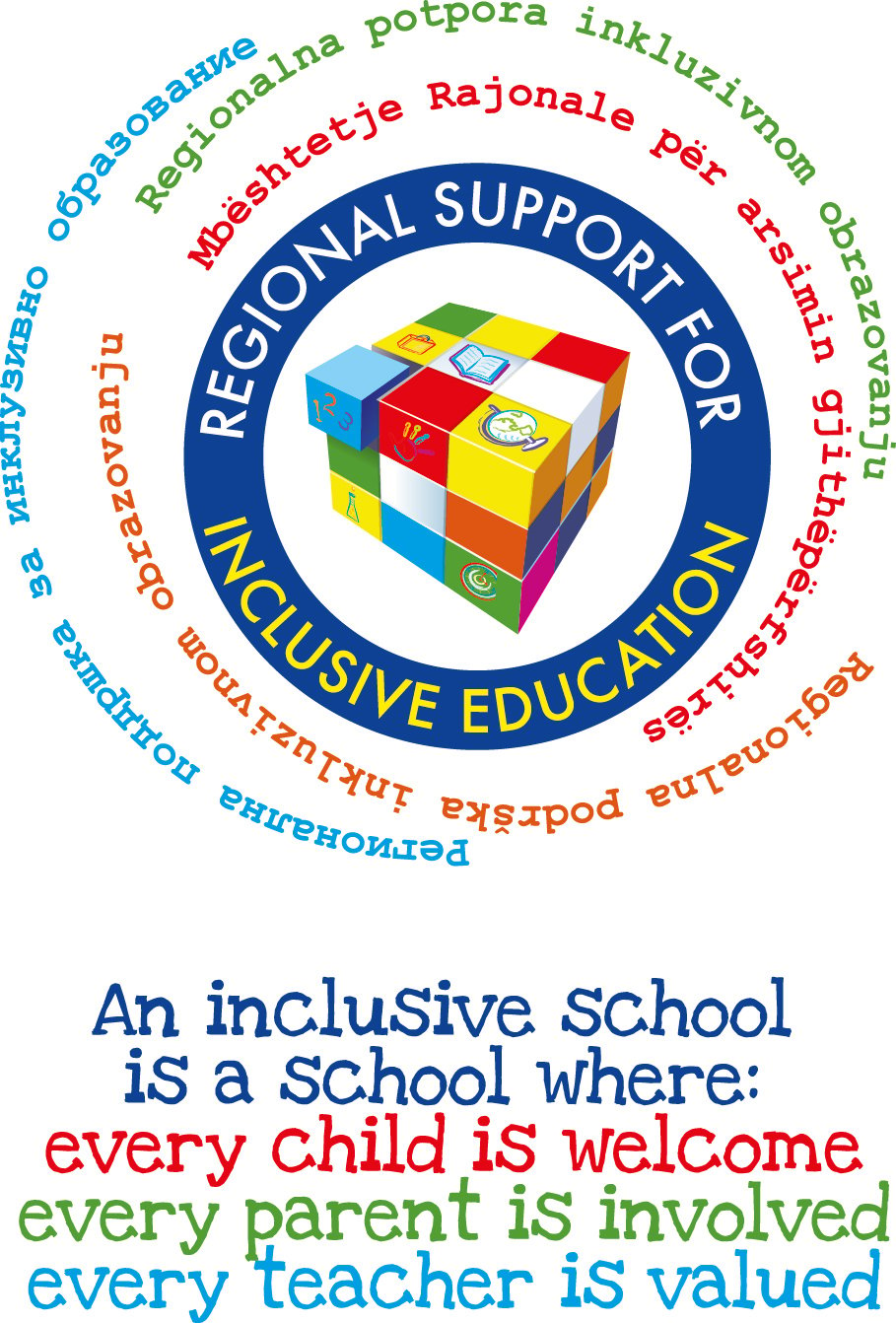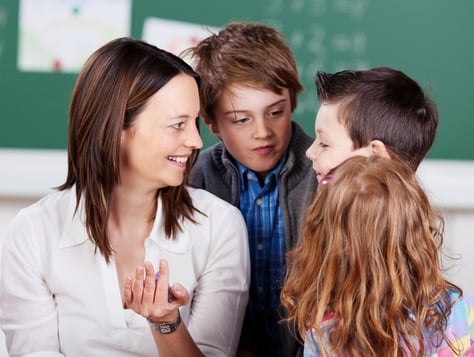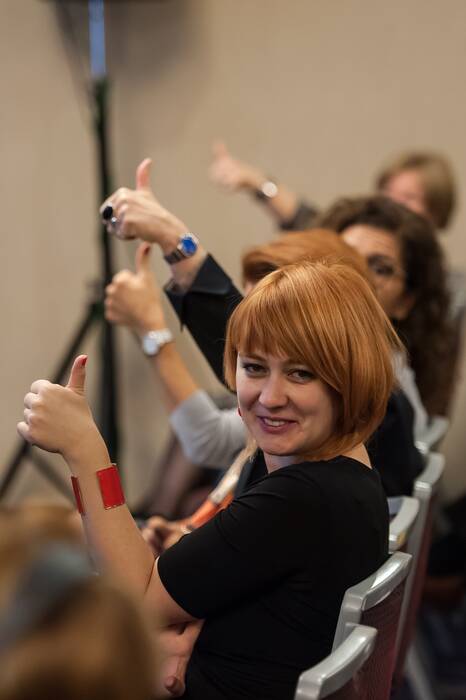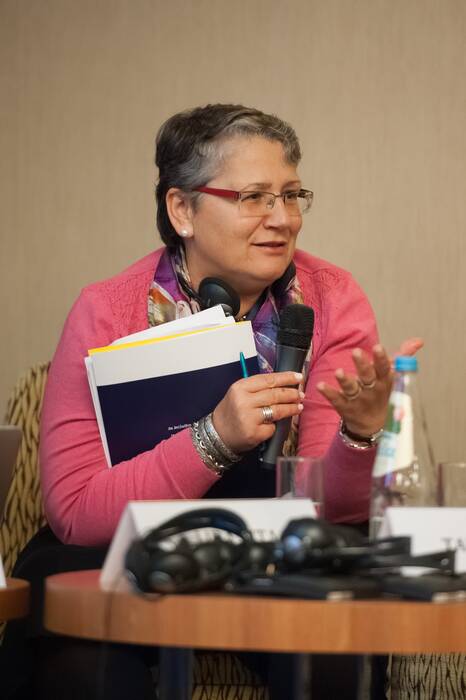Pilot Inclusive Schools
This component focuses on practical measures needed at school level to enable inclusive education. It aims at helping general education and Vocational Education Training (VET) schools in changing their policies and practices through setting good examples benefitting from the European Union and the region.
The pilot school component aims to help pilot schools to develop inclusive cultures, policies and practices.
This specific project activity will attempt to increase experience and knowledge about how schools can become more inclusive when we make use of the different views of those involved. It will help increase understanding of inclusion in education in 49 schools and will help those schools to develop inclusive cultures, policies and practices.
 In doing so, it will challenge many assumptions about school improvement and educational reform. It is about ‘school improvement with attitude'. Hence, school improvement becomes far more than merely a technical process of raising the capacity of schools to generate particular measurable outcomes. It involves dialogues about ethical principles and how these can be related to curricula, approaches to teaching and learning, and the building of relationships within and beyond schools.
In doing so, it will challenge many assumptions about school improvement and educational reform. It is about ‘school improvement with attitude'. Hence, school improvement becomes far more than merely a technical process of raising the capacity of schools to generate particular measurable outcomes. It involves dialogues about ethical principles and how these can be related to curricula, approaches to teaching and learning, and the building of relationships within and beyond schools.
Network of inclusive schools
The Joint European Union and Council of Europe Project "Regional Support for Inclusive Education", has through an open and transparent process selected 49 schools from Albania, Bosnia and Herzegovina, Croatia, Montenegro, Serbia, "The former Yugoslav Republic of Macedonia" and Kosovo* to participate in the project as pilot schools whose inclusive practices will be supported, enriched and later on replicated as successful examples.
A network of inclusive schools in the region (Inclusive SchoolNet) has been established. In order to learn from each other a mixture of schools with different levels of inclusive education policies was selected.
The network consist of 49 schools (7 schools per Beneficiary:3 primary, 2 secondary general and 2 VET schools), each school nominated a team of 5 participants (including school principals, teachers and pedagogues, school board members and/or representative of parents), and thus the network as whole comprises 245 persons.
This component will attempt to increase experience and knowledge about how schools can become more inclusive when making use of the different views of those involved. It will help increase understanding of inclusion in education of 49 schools and will help them develop inclusive cultures, policies and practices.
* "This designation is without prejudice to positions on status and is in line with UNSCR 1244 and the ICJ opinion on the Kosovo Declaration of Independence"
A good school is an inclusive school
Publications
Latest news
An inclusive school is a democratic school: sharing experiences between SEE and Turkey

implemented activities
-
 An inclusive school is a democratic school: sharing experiences between SEE and Turkey
An inclusive school is a democratic school: sharing experiences between SEE and Turkey
-
 Fostering exchange to nourish inclusive education
Fostering exchange to nourish inclusive education
-
 Spring workshops of the PolicyNet, TeacherNet and SchoolNet regional networks
Spring workshops of the PolicyNet, TeacherNet and SchoolNet regional networks
-
 From learning experience to new partnerships
From learning experience to new partnerships
-
 Small grants, big experience
Small grants, big experience
-
 How inclusive are our schools:
How inclusive are our schools:
-
 Small grants for greater inclusion
Small grants for greater inclusion
-
 School projects from Korçë, Radoviš and Zagreb presented at Conference: Making Schools Matter for All
School projects from Korçë, Radoviš and Zagreb presented at Conference: Making Schools Matter for All
-
 Survey of pilot schools launched
Survey of pilot schools launched
-
 Preliminary results from the baseline survey across the 49 pilot schools
Preliminary results from the baseline survey across the 49 pilot schools


















